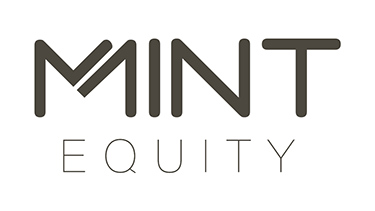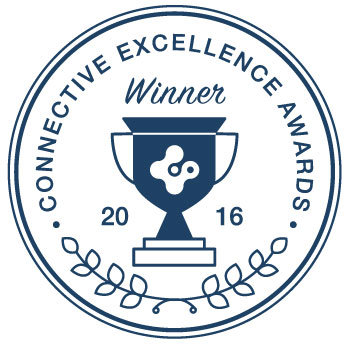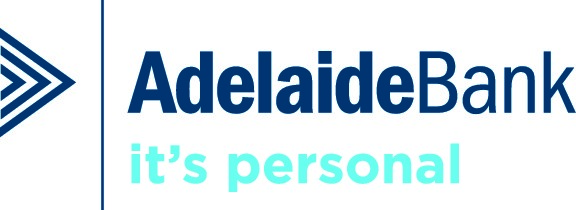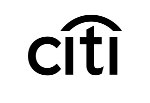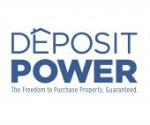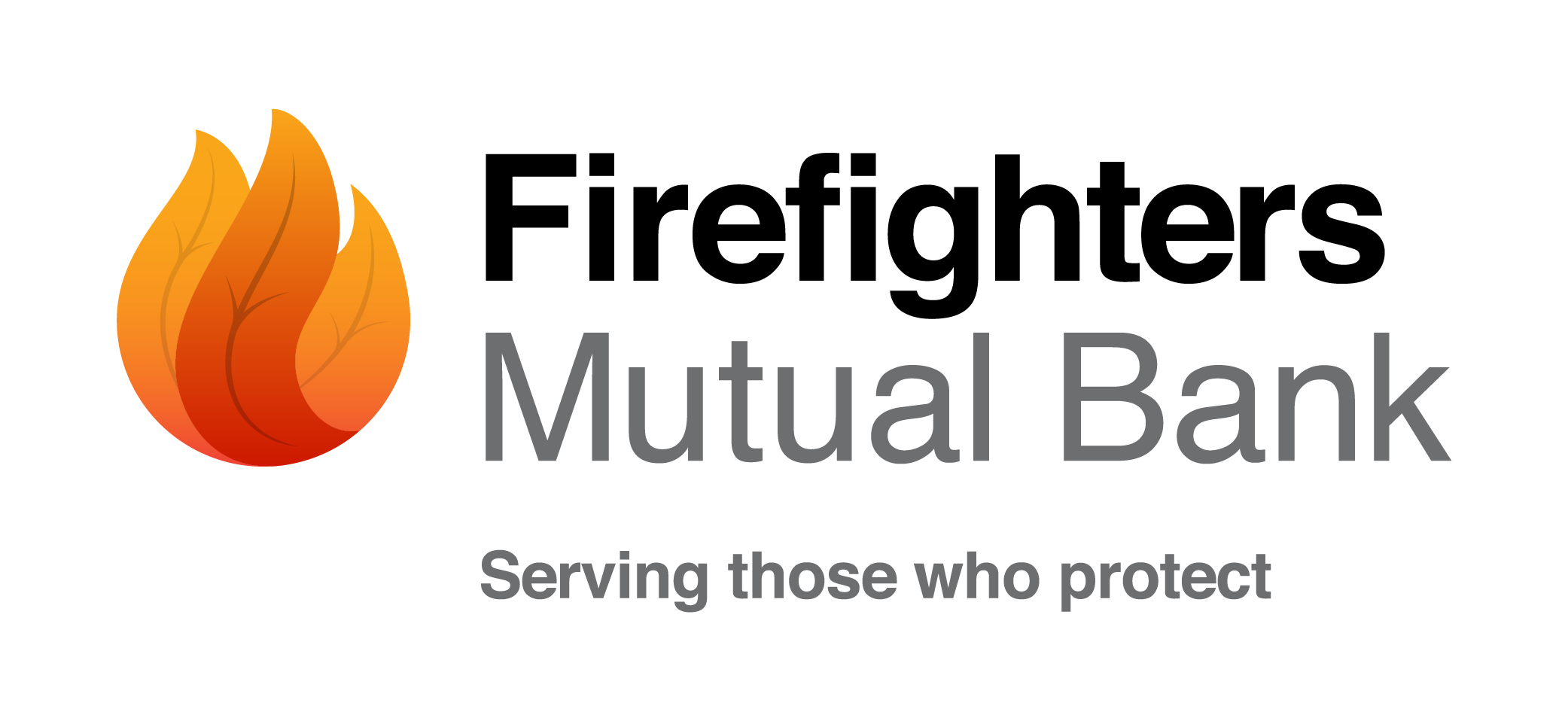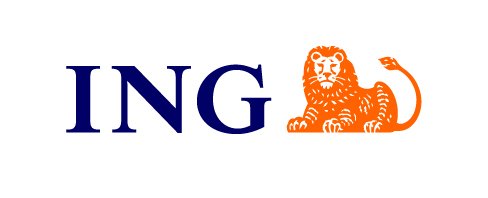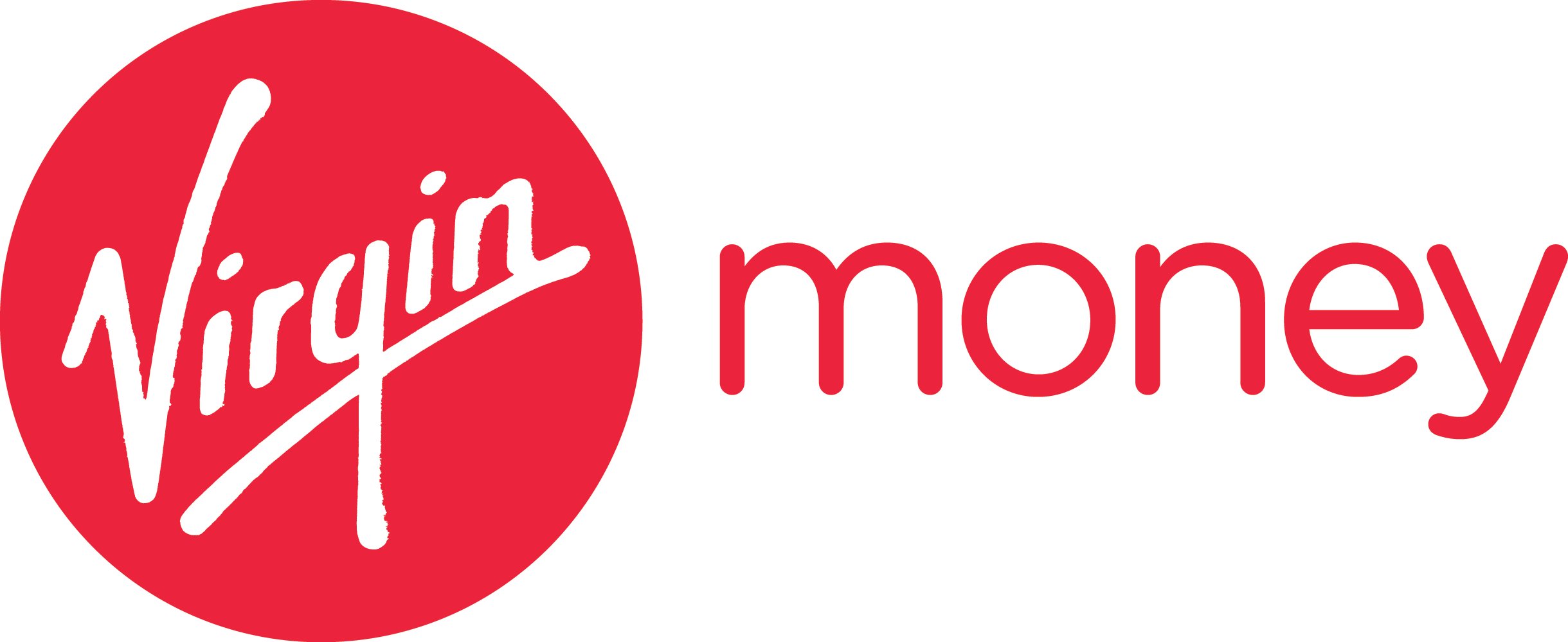Central Coast Home Loans
Securing a home loan in a fast-moving property market like the Central Coast is best done with a local home loan broker who knows the market and can mitigate any potential issues quickly.
Home loans are becoming the norm with generations buying property with cash, long past. Now they are an everyday part of the Australian dream of owning property, so it’s essential that you get it right.
Central Coast home loans are different to other areas as the region has experienced strong growth over the last 5 years and property valuations are increasing substantially.
Mint Equity, your Central Coast mortgage broker, streamlines the search, selection, application and settlement process, so all you need to worry about is finding the property. We also make sure you continue to get the right home loan through our regular reviews.
Not sure where to start with your home loan?
The Mint Equity team assist clients with residential, commercial, business, and SMSF lending. We work with the big four banks and multiple second tier home loan lenders to provide a vast range of products for our clients.
We simplify the process for our clients, taking care of all the necessary administration tasks, which includes the paperwork, application process, and the final settlement.
We don’t charge any fees for our services as we are remunerated by the lender you choose once the loan reaches settlement.
Home loan lenders – compare like with like
With over 40 different lenders to choose from, with 100’s of different products, comparing is made easy with Mint Equity. We narrow down the options for you, so you don’t have to worry if you’re missing out on a great deal.
The most important thing is that you compare like with like – which is where we come in. We connect to each lender and receive their latest updates on a daily basis, so you know exactly which home loan will fit your requirements.
We're accredited with the major banks and multiple 2nd tier lenders to give you a variety of options to suit your immediate and future needs. Each of them have different application requirements, ever changing policy and risk appetites so it pays to work with an experienced mortgage broker to find the right fit.
Meet our team
Central Coast property market
Central Coast land values are keeping up pace with the rest of NSW. Latest figures from the NSW Valuer General reveal a 12.7 per cent jump in Wyong LGA land values and a 10.2 per cent rise for Gosford LGA during the 12 months to July 2016.
The Central Coast is renowned for the beaches and waterways, whilst also providing affordable housing.
Top Central Coast waterfront suburbs
North Avoca
Wamberal
Avoca
Terrigal
Killcare
Copacabana
Bensville
Empire Bay
Green Point
Top Central Coast commuter suburbs
The Central Coast is also a favourite for those commuting to Sydney for work. With easy access to the M1 freeway and Newcastle and Central Coast train line, suburbs within a short distance of train stations are proving popular.
Woy Woy
Umina
Gosford
Kariong
Somersby
Ourimbah
Tuggerah
Wyong
Warnervale
Cardiff
Kotara
Hamilton
Newcastle
“Zac did a great job with my loans - he got me a fantastic rate, and made the whole process so easy!”
Variable interest home loans
Ever wondered why there is so much attention on the Reserve Bank of Australia (RBA) – well if you have a home loan on variable interest rates, you’ll care about what they have to say.
The RBA is Australia’s central bank and sets the official cash rate (OCR) for Australia. The official cash rate is the rate of interest which the central bank charges loans to commercial banks. Essentially they are they wholesaler of cash for banks and lenders.
Banks and lenders borrow money from the RBA, add a mark up to the rate, then resell the money to consumers in the form of home loans.
So, if you have a variable interest rate with your lender, each time the RBA changes the cash rate, up or down, the banks and lenders will usually pass that cost on to the consumer. This means the amount of interest you are charged for your mortgage will vary – ie ‘variable’.
There is one more factor to consider when deciding on a variable home loan, that is the banks and lenders can move their interest rates up or down without the RBA doing anything. In the past, even when the RBA makes no change to the official cash rate, banks and lenders are within their rights to put your interest rates up.
Variable interest rates for home loans are often lower than a fixed rate, because of the flexibility.
Variable interest rate pros and cons
Pros
They are usually lower than fixed rates
There are no break costs to end the mortgage contract if you sell or refinance your home
You can have an offset account which means you can pay more off your mortgage, but still access that extra cash if you need to
As you have no break costs, you have greater flexibility to refinance if you want to change lenders
Cons
Your interest rate is dependent on economic activity and the bank/ lender’s choice to increase interest rates
If interest rates increase your repayments will increase
Regular review is needed to ensure you’re always getting the lowest home loan interest rate, however Mint Equity will review this regularly for clients.
Who should consider a variable interest rate home loan?
Variable home loans are great for short term borrowers, those needing flexibility or home owners who have bursts of cash flow.
One of the benefits of having a variable home loan is the ability to throw extra cash into the home loan’s offset account, which will reduce your mortgage repayments. This has the added benefit of being able to draw the money back out of the offset account when you need it.
If you think you might sell your home within a few years of purchasing it, then a variable rate home loan may suit better than a fixed rate home loan as you will not incur a break cost for paying off the home loan early (or during the fixed term).
Fixed interest rate home loans
Fixed rate home loans as the name suggests are fixed. That means, for the duration of the fixed period with your bank or lender, your interest rate and mortgage repayments will remain the same.
That means if the Reserve Bank of Australia (RBA) changes the official cash rate and your bank/ lender increases their interest rates, your mortgage payments won’t increase. On the other side, if your bank/ lender drops interest rates, you won’t get the benefit of reduced mortgage repayments.
Fixed interest rate pros and cons
Pros
A few banks/lenders now offer offset accounts on fixed loans
Your interest rate is set when you take out the home loan and is not affected by economic activity or the bank/ lender’s choice to increase interest rates
If interest rates increase your repayments will not increase
As a fixed cost it’s easier to budget your living expenses
In times of economic uncertainty, a fixed interest rate will provide comfort knowing that your mortgage repayments won’t increase if the RBA increases the official cash rate.
Cons
The interest rate is usually higher than variable interest rates
You will incur break costs to end the mortgage contract if you sell or refinance your home. Break costs are calculated on the balance of the loan and time remaining.
Offset accounts are not available on fixed interest rate home loans with the majority of lenders and there is a limit to how much extra repayments you can make each year (eg $20,000 additional repayments p/a).
If you aren’t happy with the bank/lenders’ service it’s costly to change
